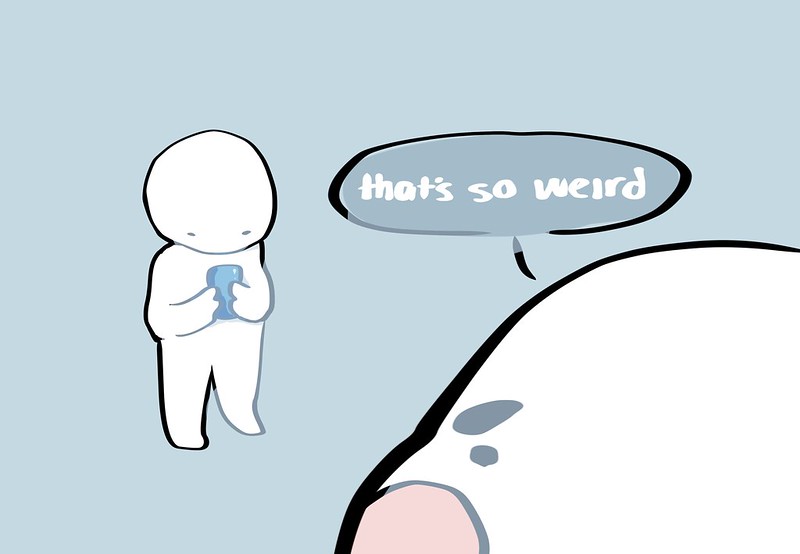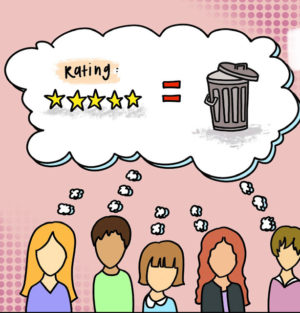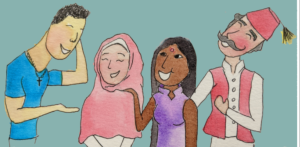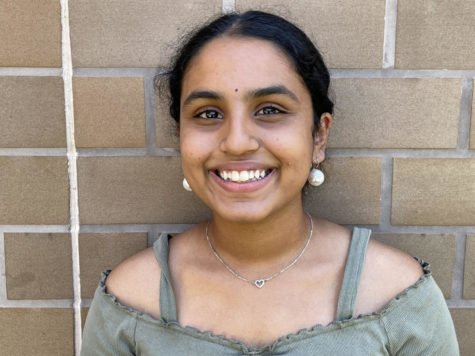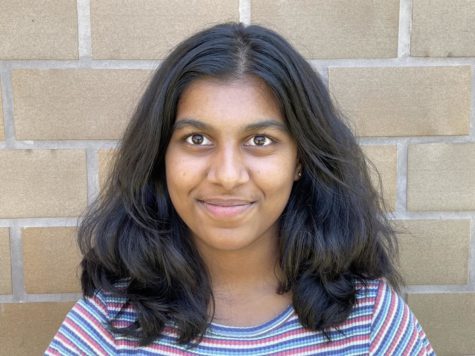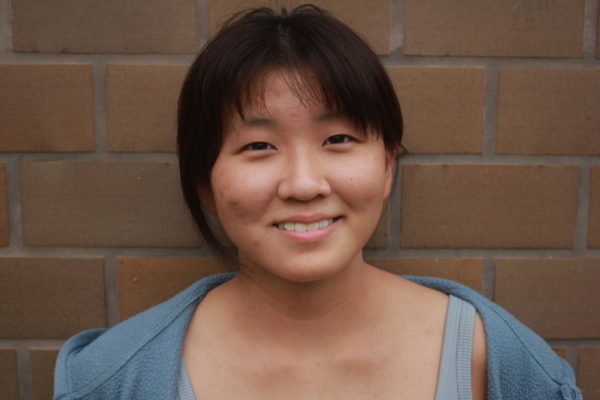It’s only weird if you make it weird
Weirdness is only perceived as out of the ordinary due to the attention given to abnormality.
October 10, 2022
Eccentric orange highlights caught my eye as I (Nayja) walked down the hallway of the 1000 building at DVHS. I found a girl walking ahead of me sporting her newly gingered hair and a blazing orange outfit to accompany it. I was in awe of her bold fashion choice and immediately thought of complimenting her outfit. However, I caught myself before I became enamored. Everyone was hurrying to class, and perhaps I would be intruding by complimenting another student. What if my compliment would be out of place? What if it would be too weird? And just like that, I bit my tongue and walked toward my next class.
Unfortunately, this unnerving experience — the anxiety of appearing abnormal — isn’t uncommon. This fear is exactly what prevents the uncommon from becoming the norm, what stops us from simply brightening someone’s day.
“There can be a negative [perception] of the word ‘weird’ because it describes somebody as being outside of [socially acceptable] boundaries,” DVHS Wellness Center Coordinator Catherine Perez explained.
A perfect example of this is in school group work, which makes people vulnerable to a classroom full of judgmental peers.
“My friends have group projects and [sometimes there’s] this person who is weird because the way they communicate is different; people who don’t have a lot of social awareness would be called weird,” senior Lauren Le said.
Just like how it’s used to make another person stand out negatively, our usage of the word can hurt our own self-image and confidence. A classroom is meant for questions and discussions, but every time there’s an inquiry, the rest of the class tends to fall silent. The courage summed up to approach a teacher dissipates as all eyes turn to stare at that one student. Once again, a person bites their tongue in the fear of seeming “too weird.”
“When we step out of our comfort zone to say something, we worry that we won’t be seen as just a regular old person,” senior Kirthi Shankar added. “Because what you say contributes to [other’s] view of who you are.”
In our decision to create as close to a resemblance of normality as possible, we lose out on many opportunities. We prevent the opportunity to make ourselves known to others, to make someone’s day, to bring up an unknown point in a discussion. Just as what we say contributes to who we are, what we don’t say leaves so much room for identity. Our individuality is lost in this need to conform, and with that goes our own identity.
But for norms to be established in society, someone had to do something weird first and then other people started doing that too, just like how someone must have awkwardly waved their hand once and it became a greeting, just like how someone anxiously wrapped their arms around their loved ones to communicate their love and support and just like how someone reached out their hand in shyness at the end of a bonding conversation. It’s our turn to take the first step, be bold and create change, by simply being weird.

